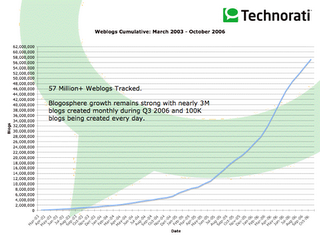Pheedo blog reports that Steve Rubel talks about his love for widgets, Web 3.0 and the Widgetized Web. He calls widgets "glorified RSS feeds."
They also conversed with Scott Rafer, former CEO of Feedster, he said RSS is a "developer's tool." Widgets are perfect example of developers using RSS feeds to solve a problem, entertain, waste time etc. In this case, Scott is spot on.
All the links to articles and conversations are on the Pheedo blog.
Pheedo is according to about us on site;
"A lot has happened since Pheedo pioneered the feed advertising industry in 2003. It’s been amazing to watch our original idea, good as it may have been, grow into an industry-wide necessity. The speed of this evolution has taught us the importance of remaining focused on our customers, providing the thousands of bloggers, micro-publishers, large media outlets, and online advertisers innovative and flexible tools to capture and measure revenues through the sale of advertising."
Links;
PheedoPheedo Blog article

